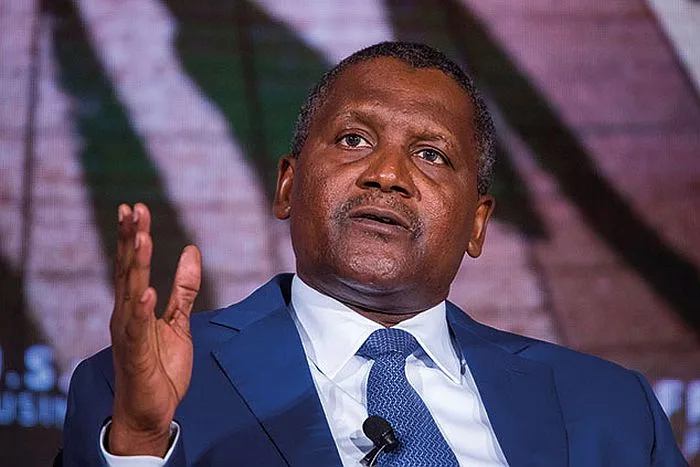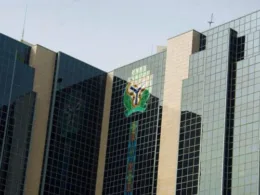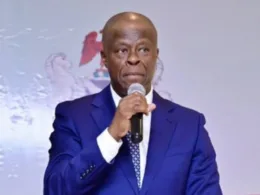Aliko Dangote, Africa’s wealthiest individual, is making strategic moves to establish an oil trading arm, potentially based in London, to oversee the crude and product supplies for his newly constructed refinery in Lagos, Nigeria. This initiative aims to grant Dangote full autonomy over the refinery’s operations and reduce dependence on external trading corporations. Multiple discussions have taken place with various entities regarding potential loans to support the refinery’s operations.
Despite the interest from trading corporations to settle loans with fuel exports, no agreements have been reached as Dangote aims to maintain control over the business to maximize profits. Recognizing the potential risk of undermining his autonomy, Dangote has opted to establish his own trading arm, overseen by former Essar dealer Radha Mohan. While Vitol has pre-paid for certain product shipments to assist the refinery, and Trafigura has engaged in crude oil swaps for future gasoline cargoes, Dangote remains committed to ensuring independent operation and control of the trading process.
According to reports from the American news agency Reuters, sources close to the matter have revealed Dangote’s plans to set up a trading arm for his refinery. This decision comes amid negotiations with several major trading corporations, including BP, Trafigura, and Vitol, who have been exploring loan options to provide the refinery with necessary funds and crude oil in exchange for product exports. Meetings between Dangote and representatives from these corporations have occurred in locations such as Lagos and London to discuss the terms of potential loans, with the refinery requiring an estimated $3 billion in working capital for purchasing significant volumes of petroleum.
The $20.5 billion Dangote refinery, which has been in development for over two decades, boasts an impressive processing capacity of 650,000 barrels per day, making it the largest refinery in Africa. With ambitions to produce 250,000 barrels per day of gasoline and 100,000 barrels per day of diesel, the refinery aims to cater to both local consumption and international trade. Already, agreements have been made to supply fuel to 150,000 fuel stations operated by the Independent Petroleum Marketers Association of Nigeria (IPMAN), signaling the refinery’s significant impact on the domestic market.
The establishment of the trading arm is poised to influence global oil and fuel flows, with industry experts closely monitoring its developments. While the refinery has already processed approximately 8 million barrels of oil between January and February, reaching full capacity will take additional time. Nevertheless, Dangote’s proactive approach to establishing full control over the refinery’s operations underscores his commitment to driving Nigeria’s energy sector forward and solidifying his position as a key player in the global oil market.










Join our Channel...